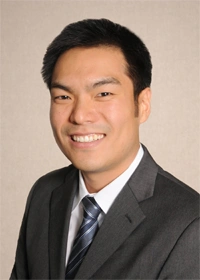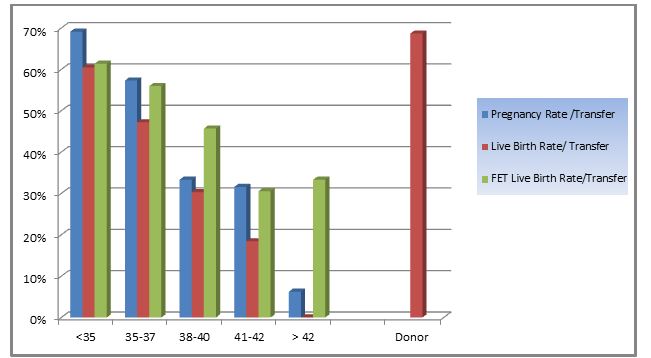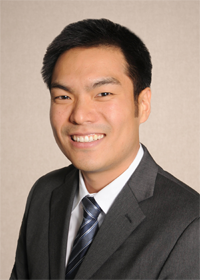
IVF Success Rates Increase in 2012
Since Louise Brown’s birth as the first in-vitro fertilization (IVF) baby in 1978, the number of IVF pregnancies and IVF success rates have steadily increased throughout the years. Recently, the Society for Assisted Reproductive Technologies (SART) and its 379 member clinics reported that IVF processes have helped conceive over 61,000 babies in the United States in 2012 alone. Overall, this represents 1.5% of all US pregnancies and the largest number of IVF babies on record thus far.
There are many reasons why more couples are choosing IVF treatment to help create their family. The subject of infertility is no longer taboo and treatment is more readily accessible for those in need.
The most likely explanation, however, is that more women are choosing to delay childbearing to pursue higher education and career development leading to an increased use of the IVF later in life.
A woman’s age plays a significant role on overall fertility. Studies have observed a gradual decline in fecundity starting at age 32, and that decrease is more pronounced when a woman reaches 37 years of age. This is a reflection of the quantity and quality of a woman’s oocyte or eggs. As a result, more women are turning to egg freezing through vitrification to preserve their fertility. Egg freezing, now with excellent data to support its routine use, provides a woman the freedom and choice to start a family at a future date without the age related diminish in ovarian reserve.
As fertility specialists, we recommend that a patient schedule a consultation with us for any of the following criteria.
Candidates for IVF Process
- 12 months of infertility if younger than 35
- 6 months of infertility if older than 35
- Interest in fertility preservation/egg freezing
- Ovulatory dysfunction
- Sperm abnormalities
- Anatomical abnormalities
Dr. Jonathan Kim – Director of Medical Education
Dr. Kim received his undergraduate degree from Cornell University in neurobiology before obtaining his medical degree from University of Texas Southwestern Medical School in Dallas. After completing his obstetrics and gynecology residency training at Parkland Memorial Hospital, where he was awarded “excellence in reproductive medicine,” he underwent fellowship training in reproductive endocrinology and infertility at UT Southwestern Medical Center.
Learn more about Dr. Jonathan Kim’s Director of Medical Education role at our center.
Categories
Welcome to the Aspire HFI Blog! Nationally and internationally recognized for providing exceptional reproductive care, our team believes in empowering people with the knowledge they need to navigate their unique fertility journeys.
From information on the latest fertility treatments to valuable insights on egg donation, surrogacy, and everything in between, the Aspire HFI Blog is your ultimate resource for all things reproductive care and support. Read on to learn more, and contact us today if you have any questions or want to schedule a new patient appointment.



